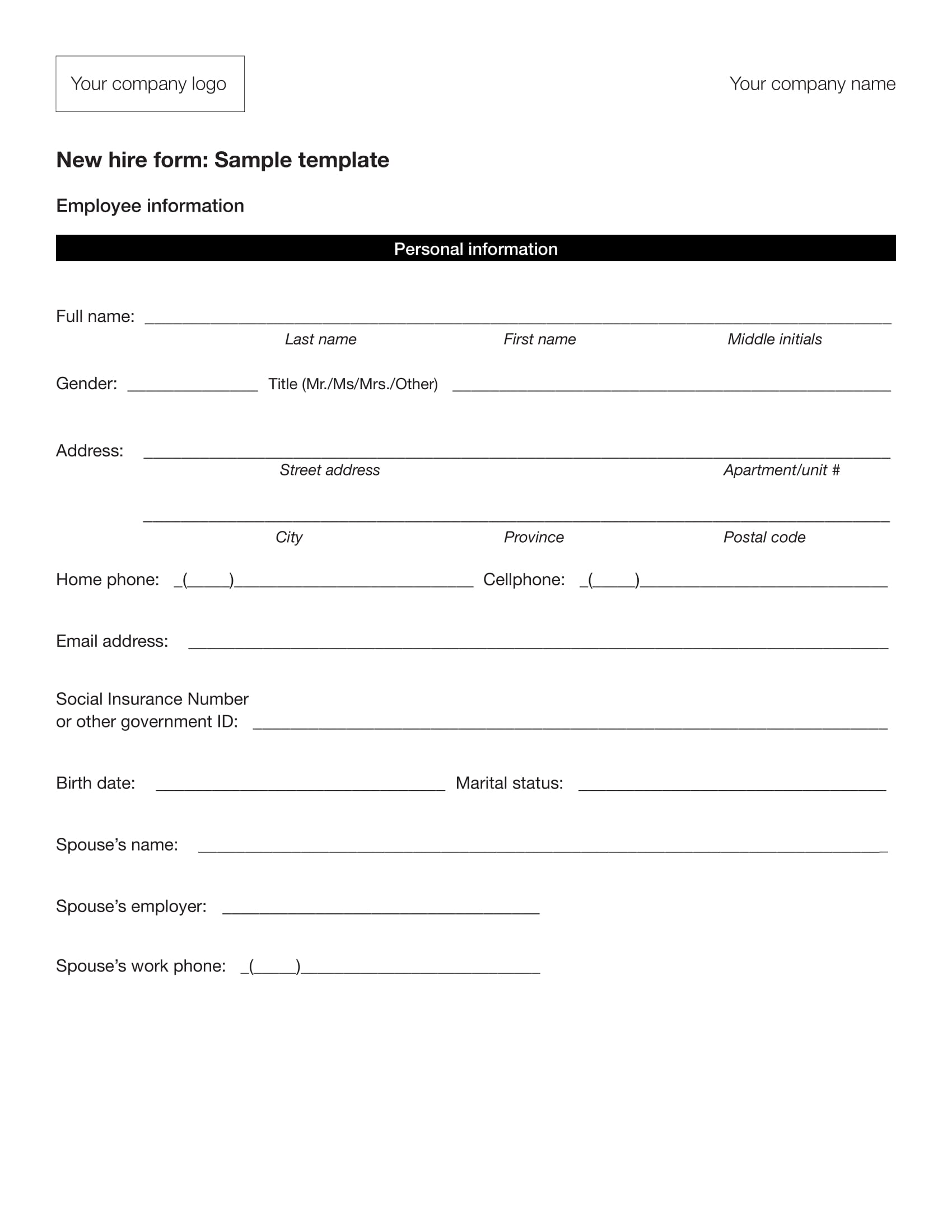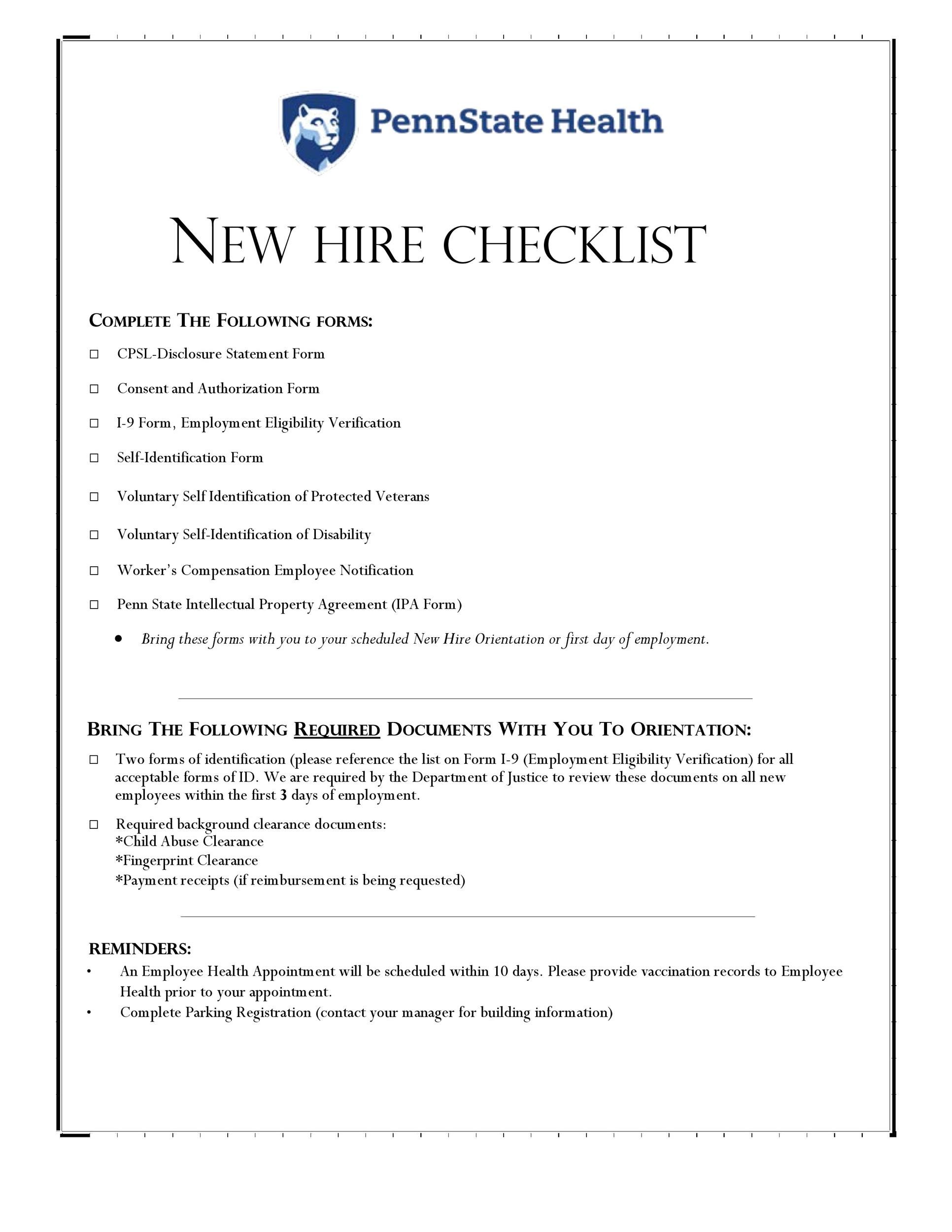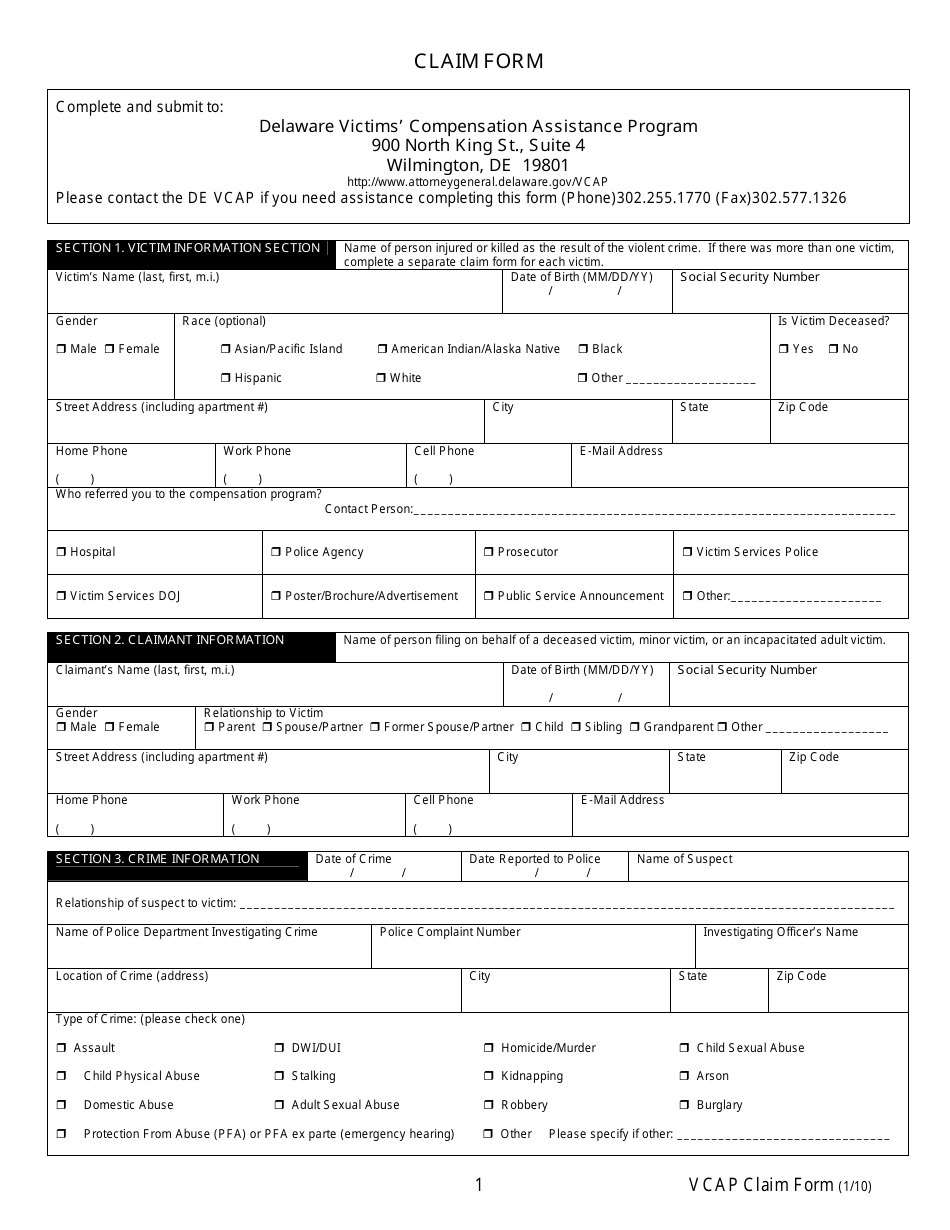Can You Check Delaware Convictions on Hire Paperwork?

Checking for criminal records, including convictions in Delaware, is a crucial part of the hiring process for many employers. Employers aim to create a safe working environment while adhering to legal requirements and protecting their organization from potential risks. Understanding how to effectively incorporate these checks into your hiring paperwork without running afoul of legal constraints can seem daunting. Here, we'll explore the mechanics of performing background checks in Delaware, the legal framework you must operate within, and best practices for managing this sensitive task.
Understanding the Legal Landscape for Background Checks in Delaware

Before diving into the steps for checking convictions, let's first understand the legal framework:
- Fair Credit Reporting Act (FCRA): Applies to third-party background checks, ensuring the rights of the applicant are protected.
- Delaware Code: Title 11, Chapter 85, covers the release of criminal history information, and Chapter 7 outlines the criteria for employing individuals with criminal records.
- Equal Employment Opportunity Commission (EEOC): Provides guidelines to avoid discrimination in hiring based on criminal history.
Steps to Check for Delaware Convictions

1. Decide on the Scope of the Check

Determine what type of criminal history you need to check:
- Arrests and non-convictions
- Pending charges
- Convictions
2. Choose a Background Check Service

Select a reputable company that can:
- Provide FCRA-compliant checks
- Access Delaware criminal records
- Ensure privacy and security of the information
3. Obtain Applicant Consent

Before conducting any background check, you must:
- Obtain written consent from the applicant
- Inform them about their rights under the FCRA
📝 Note: Failure to obtain consent can result in legal penalties or lawsuits.
4. Conduct the Background Check

Submit the necessary details (name, DOB, SSN) to the background check service, which will:
- Run the check against Delaware criminal databases
- Return a report detailing any findings
5. Review the Results

Carefully assess the report:
- Identify any convictions or charges
- Consider the nature and gravity of the offense
- Evaluate the time passed since the offense
6. Make a Hiring Decision

Consider the following:
- The relationship between the offense and the job duties
- EEOC guidelines to avoid discriminatory practices
- State-specific laws regarding the ban-the-box initiative
7. If Disqualified, Provide Notice

If the decision is to not hire based on the background check:
- Provide a pre-adverse action notice
- Include a copy of the report
- State the reason for the potential adverse action
- Allow the applicant time to dispute any inaccuracies
8. Documentation

Maintain records of:
- Consent forms
- Background check reports
- Correspondence with the applicant regarding the check results
Ensuring these steps are followed helps maintain compliance with the law and protects your organization from potential legal issues.
Important Considerations

Lawful Use of Criminal History

Employers must:
- Not base employment decisions solely on criminal history if there is no job-related need
- Consider the nature of the crime in relation to the job's nature
Ban-the-Box Legislation

Delaware has adopted the "Ban-the-Box" policy:
- Restricts employers from asking about criminal history on initial job applications
- Aims to reduce barriers to employment for qualified individuals with past convictions
Adverse Action Notices
Employers are required to:
- Provide a pre-adverse action notice when considering not hiring due to criminal history
- Give the applicant an opportunity to review the report and respond
These guidelines help navigate the balance between maintaining a safe workplace and not unfairly discriminating against applicants based on past convictions.
Managing the Hiring Process with Background Checks

Best Practices
- Ensure Compliance: Always follow state and federal laws when checking for convictions.
- Transparency: Be clear with applicants about the background check process.
- Data Security: Handle background check information with the utmost care to prevent breaches of privacy.
- Training: Train HR personnel on legal requirements and ethical practices when considering criminal history.
By integrating these best practices, you can conduct background checks with diligence while respecting the rights of applicants.
The process of checking for convictions in Delaware during hiring can be intricate due to the legal frameworks in place. Compliance with the FCRA, state laws, and EEOC guidelines is essential. Taking a well-considered approach, ensuring you have the necessary permissions, and evaluating each case thoughtfully will help you make informed hiring decisions that benefit both your organization and potential employees.
Can employers in Delaware check for convictions before making a hiring decision?
+Yes, but they must follow the Ban-the-Box policy which means not asking about criminal history on the initial application.
What are the consequences of not obtaining consent for background checks?
+Failure to obtain consent can lead to legal penalties or lawsuits. It’s a violation of FCRA guidelines.
How long should an employer wait before making an adverse hiring decision?
+Employers must provide a pre-adverse action notice, giving the applicant time to dispute any inaccuracies in the background check report.